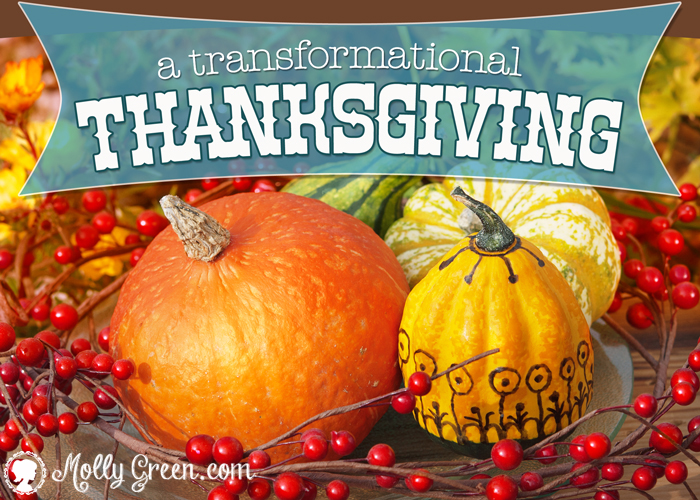By Dara Ekanger
“To educate yourself for the feeling of gratitude means to take nothing for granted, but to always seek out and value the kindness that will stand behind the action … Train yourself never to put off the word or action for the expression of gratitude.” – Albert Schweitzer, philosopher, physician and medical missionary.
“Oh, that men would give thanks to the LORD for His goodness, and for His wonderful works to the children of men!”
Psalm 107:8
At this time of year it’s common to “count our blessings” and focus on being grateful. Many of us will gather around a Thanksgiving table and take a moment to share what we are thankful for during the last year. Health, being together, having plenty of food are some of the most frequently mentioned items.
But why limit thankfulness to one day of the year?
Overwhelming research has shown the connection between gratefulness and both physical and mental health. People who keep journals recording things for which they are thankful and those who make it a point to focus on gratitude in their thoughts and words: report higher levels of energy and exercise; tend to be healthier overall; are less likely to report depression and stress; tend to be more generous with their time and resources; and feel better about their lives as a whole.
And it’s not just “all in your head.” According to researchers at the University of Massachusetts Dartmouth, “There is a complex relationship between thoughts, moods, brain chemistry, endocrine function, and functioning of other physiological systems in our bodies.”[1] While we don’t yet completely understand how it all works, we know that it does.
Psychology researcher Nathan DeWall from the University of Kentucky wrote a report reviewing five studies that demonstrate how gratefulness inspires people to be more empathetic with others and lowers aggressive tendencies.[2] People who choose to focus on their blessings, to be grateful, to wonder at the beauty of a loved one’s smile or the perfection of a sunset are more patient and forgiving because they choose to see their life’s cup as full – not half-full or empty. Is it possible that the upswing in violence in our nation is not because we have too little, but because we fail to be thankful for the bounty that surrounds us?
We live in one of the most affluent societies of all time. We have electricity, clean water, air conditioning, cars, computers, phones … but we’re often caught up in brooding over what we don’t have rather than focusing on what we do. We stew over why we didn’t get that last promotion rather than being grateful for the job we have. We take for granted the vibrant colors and endless variety of nature rather than marveling at its intricate design. We get frustrated with our children or spouse who come home late for supper, rather than thanking God they come home safe at all.
Now is as good a time as any to change that.
Take a moment to stop and really think about your life. If you have trouble coming up with a list of things to be grateful for, perhaps you should work your way backward: What would you miss if it weren’t there?
Would you miss that stately shade tree in your front yard? Would you miss your eyes if they ceased to function? Would you miss your son, daughter or best friend if they suddenly passed away from this earth? What are you taking for granted right now?
It’s time to expand our giving thanks beyond one day in November. It’s time to intentionally notice the good things in our lives and to express our gratefulness—out loud, in writing or online. Drop a note to a teacher or friend who had a positive influence on you. Tell your co-worker how grateful you are for her help on a project. Hug your children with a whispered “I’m so glad to have you in my life!” Thank God for “Every perfect gift …”[3] that He sends your way.
This Thanksgiving try something new. Set a blank journal on each person’s plate. Challenge yourself and your companions, over the course of the next year, to daily write one “Today I’m grateful for …” entry in the journal. Next Thanksgiving, bring your journals out at the dinner table and see how many pages you can read before your eyes start to tear up and you realize just how transformational it is to give thanks.
[1] www.umassd.edu/counseling/forparents/reccomendedreadings/theimportanceofgratitude/
[2] http://spp.sagepub.com/content/3/2/232
[3] James 1:17





